Meaning of imperative verbs: Imperative Verbs in English, Explained
Posted onWhat are imperative verbs? | TheSchoolRun
Do you know how imperative or «bossy» verbs are used in instruction texts? We explain how children are introduced to imperatives from Year 2 onwards, with examples of how they are taught in the primary classroom.
or Register to add to your saved resources
What is an imperative verb?
Verbs are words which express actions.
An imperative verb is one that tells someone to do something, so that the sentence it is in becomes an order or command. For example in this sentence (a command, outlining an action that must be done):
Fold your clothes up.
the imperative verb is ‘fold’.
Imperative verbs are used in instruction manuals and recipes, for example:
When are chilren taught about imperative verbs?
Children are introduced to imperative verbs (also known as «bossy verbs»!) in Year 2 grammar lessons.
Download Fantastic FREE Grammar Resources!
- Perfect Punctuation Workbook
- Grammar Games Pack
- PLUS 100s of other grammar resources
Download Now
What are children taught about using imperatives at primary school?
Children are taught to write instruction texts in both KS1 and KS2.
The unit of learning may start with them being shown a variety of instruction texts. The teacher will explain to children that some verbs are used in a way that tells someone how to do something; these verbs turn the sentence into a command or order.
Children may be asked to go through, identify and highlight the imperative verbs in the text. They may recognise that imperative verbs are usually used at the start of a sentence.
Some children, therefore, may see a command like this:
and identify the word ‘slowly’ as an imperative verb because it is at the beginning of the sentence. ‘Slowly’ is actually an adverb, describing how an action is done.
Teachers will also show children how instructions are set out (with bullet points, numbers and pictures).
A good way to support children in writing their own instructions is for a teacher to ask the children to carry out an activity, such as making a sandwich, playing a game or performing a magic trick.
As children move up the school, teachers may increase the challenge of writing instructions, by asking children to write instructions for more complex tasks or suggesting that they include adverbs in their writing.
How will children be tested on imperative verbs in SATs?
Children are often tested on commands in the Year 2 Grammar, Punctuation and Spelling test (a command contains an imperative verb). To test their knowledge of commands, they may be given four sentences and asked to pick out the one that is a command.
In the Year 6 Grammar, Punctuation and Spelling test, children may have to answer questions on imperative verbs. For example, they may be given a sentence and asked to underline the imperative verb.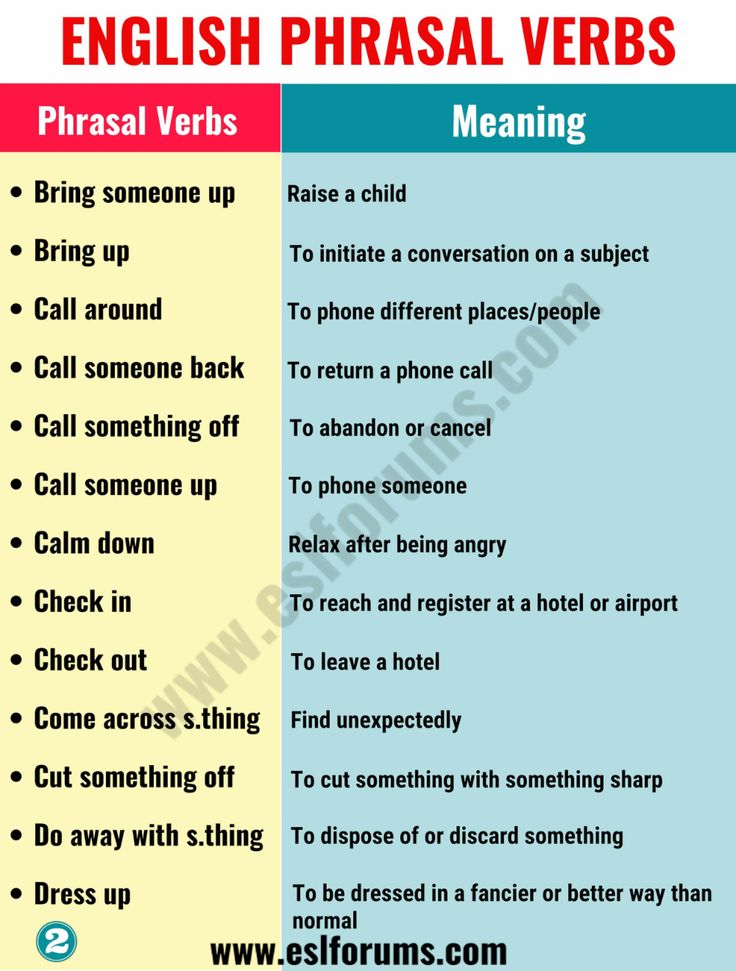
More like this
-
What is instruction text?
-
Following instructions puzzle
-
Imperatives in an instruction text
-
Instruction text puzzle
-
13 ways to make grammar fun for children
-
Primary grammar glossary for parents
-
Identify imperative verbs
-
Using imperative verbs
-
Giving oral instructions and writing a manual
Imperative Definition & Meaning | Dictionary.com
- Top Definitions
- Synonyms
- Quiz
- Related Content
- What Is An Imperative Sentence?
- More About Imperative
- Examples
- British
- Cultural
This shows grade level based on the word’s complexity.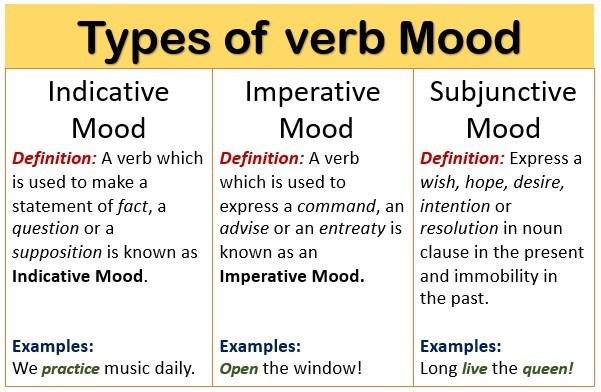
[ im-per-uh-tiv ]
/ ɪmˈpɛr ə tɪv /
Save This Word!
See synonyms for: imperative / imperatives / imperatively / imperativeness on Thesaurus.com
This shows grade level based on the word’s complexity.
adjective
absolutely necessary or required; unavoidable: It is imperative that we leave.
of the nature of or expressing a command; commanding.
Grammar. noting or pertaining to the mood of the verb used in commands, requests, etc., as in Listen! Go!Compare indicative (def. 2), subjunctive (def. 1).
noun
a command.
something that demands attention or action; an unavoidable obligation or requirement; necessity: It is an imperative that we help defend friendly nations.
Grammar.
- the imperative mood.
- a verb in this mood.
an obligatory statement, principle, or the like.
OTHER WORDS FOR imperative
1 inescapable; indispensable, essential; exigent, compelling.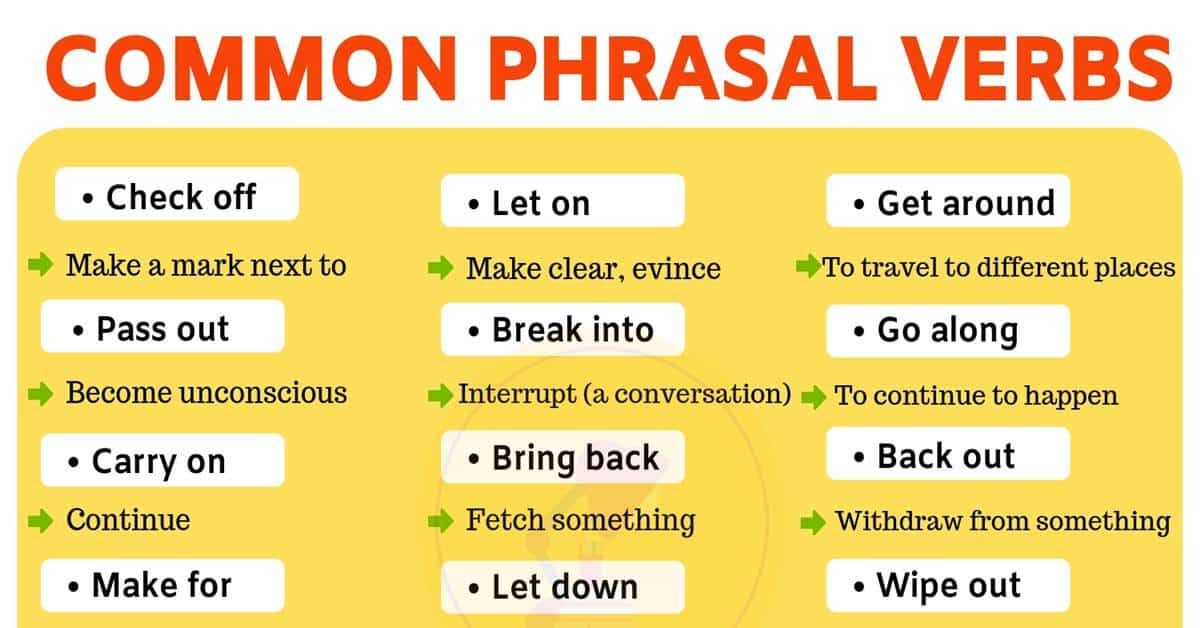
See synonyms for imperative on Thesaurus.com
QUIZ
WILL YOU SAIL OR STUMBLE ON THESE GRAMMAR QUESTIONS?
Smoothly step over to these common grammar mistakes that trip many people up. Good luck!
Question 1 of 7
Fill in the blank: I can’t figure out _____ gave me this gift.
Origin of imperative
1520–30; <Late Latin imperātivus, equivalent to Latin imperāt(us) past participle of imperāre to impose, order, command (im-im-1 + -per- (combining form of parāre to fur-nish (with), produce, obtain, prepare) + -ātus-ate1) + -īvus-ive
OTHER WORDS FROM imperative
im·per·a·tive·ly, adverbim·per·a·tive·ness, nounnon·im·per·a·tive, adjectivenon·im·per·a·tive·ly, adverb
non·im·per·a·tive·ness, nounun·im·per·a·tive, adjectiveun·im·per·a·tive·ly, adverb
WORDS THAT MAY BE CONFUSED WITH imperative
imperative , imperial, imperious
Words nearby imperative
impenetrable, impenitent, impennate, imper.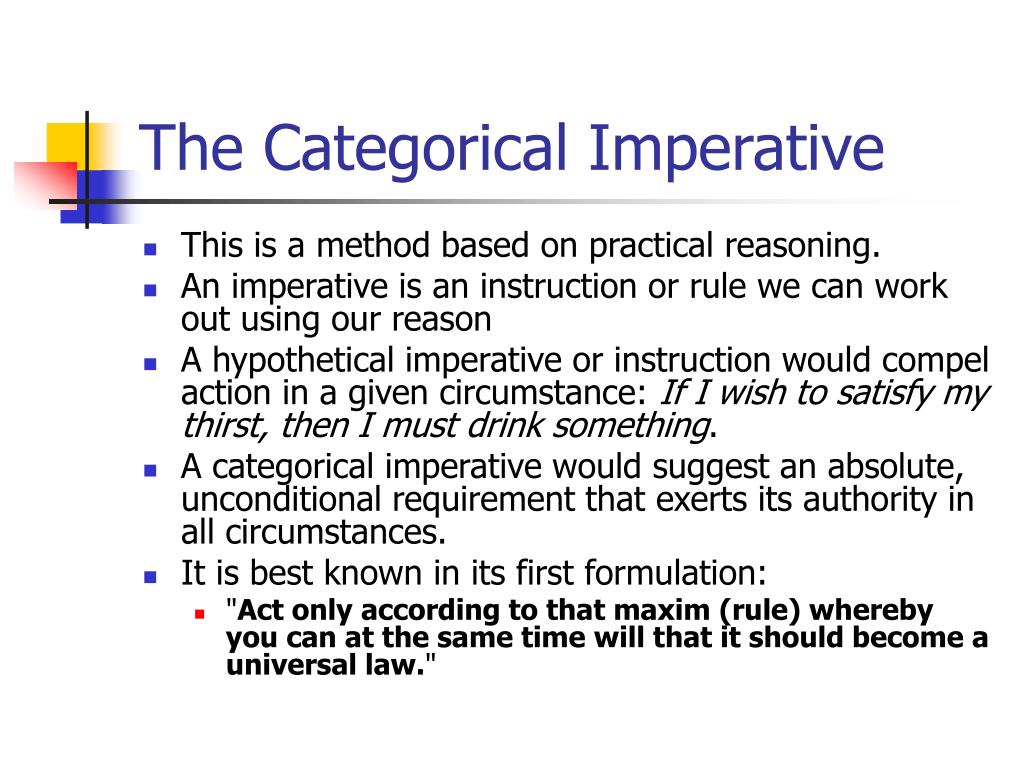
Dictionary.com Unabridged
Based on the Random House Unabridged Dictionary, © Random House, Inc. 2022
WHAT IS AN IMPERATIVE SENTENCE?
What is an
imperative sentence?
An imperative sentence is a sentence used to give commands or instructions or make requests, as in Give me that. It usually begins with a verb or a verb phrase.
Imperative sentences often don’t have an apparent subject. Instead the subject is implied, usually the person who the speaker is giving the commands or instructions to. It is possible to include subjects in imperative sentences by addressing the person separately, as in Joe, hand me that wrench.
While imperative sentences often start with verbs, they can also begin with adverbs, as in Carefully move the sofa, or prepositional phrases, as in Without opening your eyes, count to ten.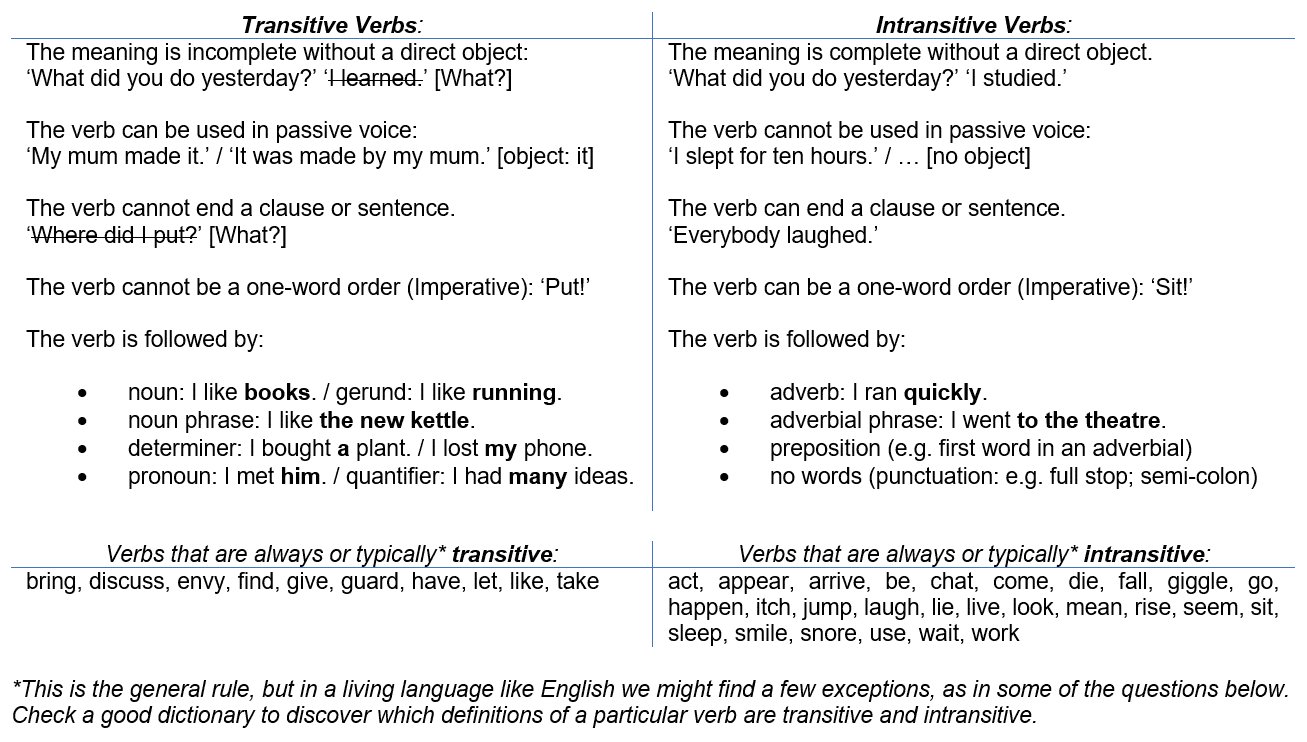
Why is
imperative sentence important?
The first records of the term imperative sentence come from at least 1737. The word imperative means “commanding” or “a command,” and imperative sentences are supposed to deliver commands, as well as polite requests and directions.
You can use certain adverbs or prepositional phrases to make your imperative sentences sound less rude or forceful, such as Please wash the dishes.
Imperative sentences can also be negative, asking or commanding someone to not to do something or warning them against it, as in Don’t walk there.
While many imperative sentences are short because they omit the subject and give urgent commands, they can be pretty long, as in Tiptoe past the angry sleeping bear while whistling the Canadian national anthem backwards and balancing a bowl of strawberry jelly on your head without spilling it. (We don’t recommend this as a way to escape a bear, sleeping or otherwise.
Did you know … ?
The shortest grammatically correct sentence in the English language is an imperative sentence: “Go.” This two-letter sentence has an implied subject of “you.”
What are real-life examples of
imperative sentence?
This list gives some more examples of imperative sentences:
| Drive carefully. |
| Don’t poke me. |
| Wendy, turn off the television. |
| In ten words, tell me what happened. |
| Get out of here! |
Students learn about imperative sentences early when studying grammar. People use imperative sentences everyday with varying levels of politeness.
Given the number of imperative sentences directed at them, my cats probably believe their names are Hey Don’t.
— Joe Garden (@joegarden) February 11, 2014
my dad lives in exclusively imperative sentences
— vtuber burner acc (@lofierotica) May 31, 2015
What other words are related to
imperative sentence?
Quiz yourself!
Which of the following is an imperative sentence?
A.
B. John took out the trash.
C. Could you please tell me the time?
D. Jayne left her books at school.
MORE ABOUT IMPERATIVE
What does
imperative mean?
In English grammar, we use mood to categorize verb forms by the attitude the speaker has toward what they are saying. The imperative mood is used when you are asking (or demanding) someone to do something, as with commands, directions, invitations, and warnings. For example, Don’t go into the woods at night.
Imperative is also used to describe something as being absolutely necessary, as in It is imperative that we make it to the airport by noon, or we will miss our flight.
And imperative is used to mean a command or important obligation, as in Helping my brother is an imperative that cannot be ignored.
Why is
imperative important?
The first records of imperative come from around 1520.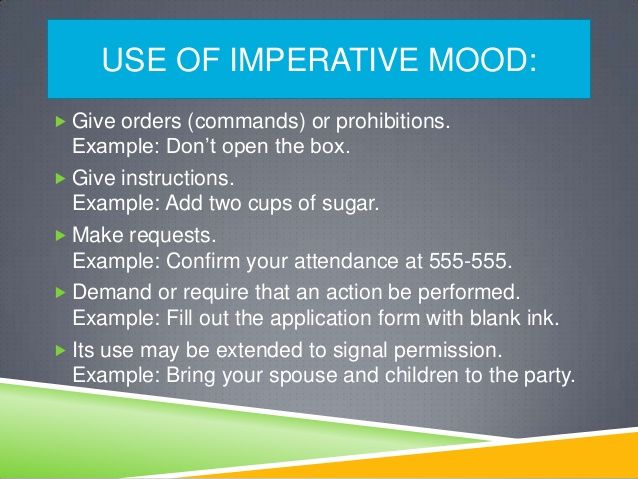
In most imperative sentences, the subject of the sentence is understood to be “you,” meaning the person that the speaker is talking to, as in (You,) Pass me the salt. The exception to this is when the speaker wants to include themselves in an imperative sentence, as in Let’s go to the beach!
Did you know … ?
When using imperative sentences, you don’t need to be overly demanding or aggressive to make your point. Beginning a command with please can help your listener be more willing to follow your directions.
What are real-life examples of
imperative?
Most GPS programs and apps use imperative sentences when giving directions.
Imperative is a common word that describes something as being really important or necessary. The imperative mood is also commonly used.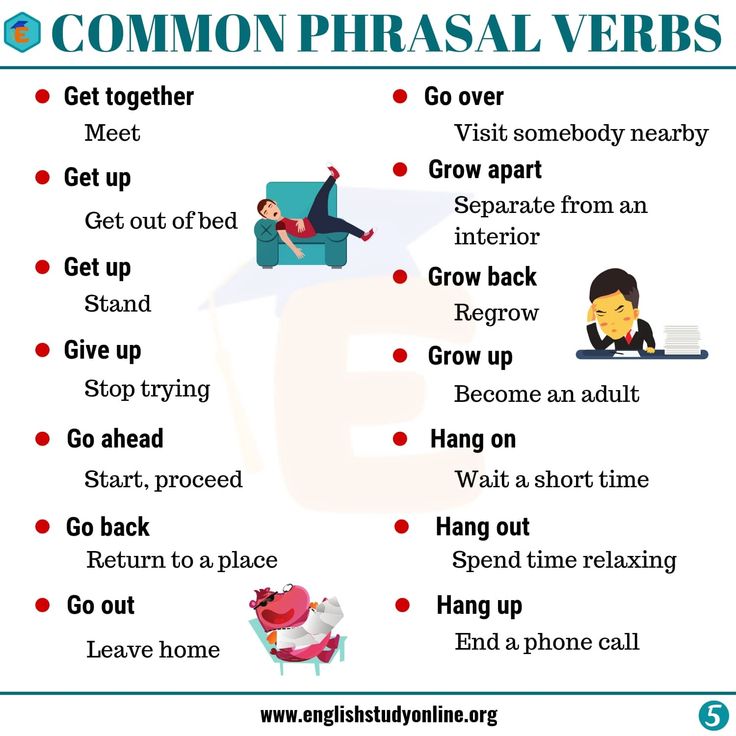
The equitable distribution of COVID-19 vaccines is more than a moral imperative: It is key to solve the most pressing public health emergency of our time.
IFRC is launching a new plan to support the immunization of 500 million people.
— IFRC (@ifrc) February 4, 2021
One of the last things Erin and I talked about was the imperative to make people understand that when you see people in distress, you do not call the cops. When you see people in distress on social media, do not flag their accounts. These systems only make things worse.
— s. e. smith (@sesmith) July 8, 2021
What other words are related to
imperative?
Quiz yourself!
Which of the following sentences uses the imperative mood?
A. Do we need to work together?
B.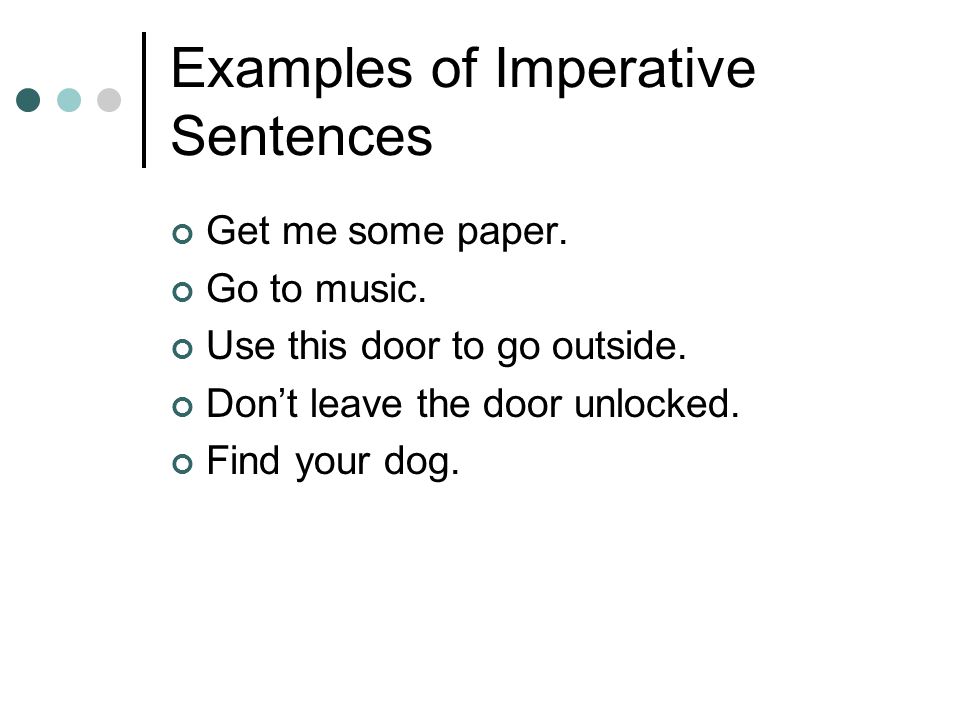
C. Take a left at the next intersection.
Words related to imperative
compulsory, critical, crucial, essential, immediate, important, indispensable, inescapable, obligatory, pressing, urgent, vital, acute, burning, crying, instant, bidding, dominant, imperial, ordering
How to use imperative in a sentence
-
Therefore, having the most comprehensive view of the search landscape and all its nuances is imperative to driving success and making the most informed decisions possible.
Solving the agency search intelligence gap|Ian O’Rourke and Stephen Davis|February 9, 2021|Search Engine Watch
-
Reimagining community safety, defunding police, confronting the worst of what “law enforcement” does — these are not new moral imperatives.
What ‘defund the police’ really means|Simon Balto|February 9, 2021|Washington Post
-
I love how they’re portrayed in the Locked Tomb and how imperative they are to the narrative.
How Gideon the Ninth author Tamsyn Muir queers the space opera|Constance Grady|February 5, 2021|Vox
-
It is imperative that the previous Administration’s shortcomings are swiftly identified and rectified to save lives in the months before coronavirus vaccinations are available for all Americans.
House Democrats Launch Investigation of OSHA, Meat Plants Over COVID-19 Outbreaks|Abigail Abrams|February 2, 2021|Time
-
There are many roots of distrust around Covid-19 vaccines, but it feels imperative to put them in the context of Pakistan’s recent history.
How the CIA’s fake vaccine program in Pakistan helped fuel the anti-vax movement|Hala Iqbal|February 1, 2021|Vox
-
Moreover, for America there is a fundamental imperative to act.
U.S. Should Make North Korea Pay for Sony Hack|Gordon G. Chang|December 18, 2014|DAILY BEAST
-
For Reid, the imperative has to be confirming as many of the 34 district court nominees that are in the pipeline as possible.
What If the United States Had No Attorney General?|Eleanor Clift|November 14, 2014|DAILY BEAST
-
And that very same Roosevelt no doubt still believed it was imperative for us to make America “fairly radical for a generation.”
Ken Burns’s ‘Roosevelts’ Fine But Flawed|Harvey J. Kaye|September 14, 2014|DAILY BEAST
-
Many lessons and commentaries are in the imperative voice, but not all.
Mike Leach Tackles Geronimo the Motivational Murderer|James A. Warren|August 17, 2014|DAILY BEAST
-
None of it has lessened my belief in Zionism or the imperative of Israel as a home and sanctuary for Jews.
Don’t Accuse Israel of Apartheid|Benjamin Pogrund|July 17, 2014|DAILY BEAST
-
Her glance wandered from his face away toward the Gulf, whose sonorous murmur reached her like a loving but imperative entreaty.
The Awakening and Selected Short Stories|Kate Chopin
-
Nature, ever buoyant and imperative, does her best to remedy the ills created by «Man’s inhumanity to Man.
«
Glances at Europe|Horace Greeley
-
For it was mother Martha and not her daughter who had obeyed Mrs. Cecil’s imperative: «Come here!»
Dorothy at Skyrie|Evelyn Raymond
-
Let nothing, but the most imperative duty, call you out upon your reception day.
The Ladies’ Book of Etiquette, and Manual of Politeness|Florence Hartley
-
Only an hour was given to St. Albans, much less than we had planned, but our late start made it imperative that we move onward.
British Highways And Byways From A Motor Car|Thomas D. Murphy
British Dictionary definitions for imperative
imperative
/ (ɪmˈpɛrətɪv) /
adjective
extremely urgent or important; essential
peremptory or authoritativean imperative tone of voice
Also: imperatival (ɪmˌpɛrəˈtaɪvəl) grammar denoting a mood of verbs used in giving orders, making requests, etc. In English the verb root without any inflections is the usual form, as for example leave in Leave me alone
noun
something that is urgent or essential
an order or command
grammar
- the imperative mood
- a verb in this mood
Derived forms of imperative
imperatively, adverbimperativeness, noun
Word Origin for imperative
C16: from Late Latin imperātīvus, from Latin imperāre to command
Collins English Dictionary — Complete & Unabridged 2012 Digital Edition
© William Collins Sons & Co.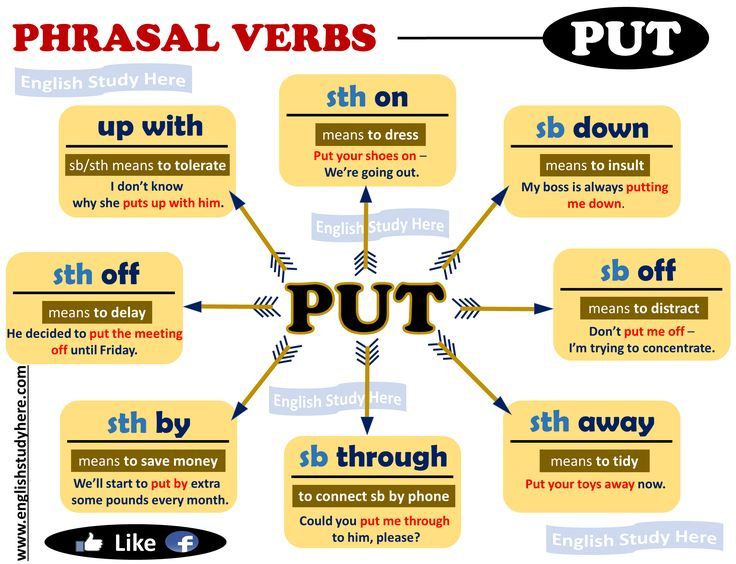
Publishers 1998, 2000, 2003, 2005, 2006, 2007, 2009, 2012
Cultural definitions for imperative
imperative
A grammatical category describing verbs that command or request: “Leave town by tonight”; “Please hand me the spoon.”
The New Dictionary of Cultural Literacy, Third Edition
Copyright © 2005 by Houghton Mifflin Harcourt Publishing Company. Published by Houghton Mifflin Harcourt Publishing Company. All rights reserved.
Imperative
Verbs in the imperative mood express the will of the speaker, the urge to perform an action.
- Give me , Jim, for good luck paw me.
- (S. A. Yesenin)
- About wavy rye in the moonlight
- You can guess by my curls .
- Honey, joke , smile ,
- 0010 only memory in me.
- (S. A. Yesenin)
Imperative verbs can mean a whole range of meanings — from a prayer and the most polite request to a categorical command and prohibition.
Peshkovsky A. M. identified the following shades of the imperative mood: 1). simple urge; 2). request; 3). prayer; four). exhortation; 5). permission; 6). warning; 7). order; eight). ironic impulse. These meanings are revealed only in context and are closely related to intonation.
“This intonation,” Acad. V. V. Vinogradov, — by itself can turn any word into an expression of command. In the imperative mood system, this intonation is an organic property of verb forms. Outside this intonation, the imperative mood does not exist.
- Tell me , uncle, it’s not for nothing… (1)
- (M. Yu. Lermontov)
- Go and take a walk. (5)
- Look, do not linger, otherwise… (6)
- Stop talking! (7)
- Meli , Emelya, your week. (8)
- Go please to the store. (2)
- Save and save! (3)
- Shout even louder so that the neighbors can hear if you have no shame.
(A. N. Ostrovsky) (8)
- Be careful, don’t fall. (7)
- « Do not shoot at white swans!» (3)
- (B. L. Vasiliev)
Shansky N.M. and Tikhonov A.N. supplemented the shades of the imperative mood highlighted by Peshkovsky A.M.:
1. Categorical order:
- — Leave this, hear? I don’t want to. Don’t you dare talk to me like that. Did I give you the right?
- (M. Gorky)
- — Do as you like. Go ! the princess ordered.
- (A.I. Kuprin)
2. Prohibition:
- — Don’t come in , she’s sleeping… Don’t disturb her…
- (M. Gorky)
- — Drop ! Yegor said sharply. And once again he said: — Drop it. Sit down. (V. M. Shukshin)
3. Threat:
- — You have pikni only.
- (A. N. Ostrovsky)
4. Team:
- Walk cooler! Aim better!
- (V.
V. Mayakovsky)
5. Call:
- Turn around on the march! (VV Mayakovsky)
6. Advice:
- Try to sleep at least eight hours.
- In the morning do exercises , take showers.
Author: Naumova Irina © March 16, 2011, 12:00
Share post:
Verb mood Grade 6 online training at Rostelecom Lyceum
Training Surveillance
Consider different forms of verbs and try to determine when these actions are performed:
Wled
You walk
9000 9000 So, went to . What did you do? — the action takes place in the past.
Walking . Now. What are you doing? is the present tense. The action is taking place now, at the moment when we pronounce this word.
Will run .
I would go. When is this action performed? Would you visit us more often . Does this action take place at all? Not! Some just want it to happen. And we can’t tell the time!
Go ! When is the action taking place? In present time? In the past? In future? And not in any of the times! The action is presented as a request, an order. And again, it is not known whether it will happen or not.
Three moods of the verb
The attitude of action to reality is expressed with the help of mood. In Russian, the verb has three moods.
Indicative mood: the action is presented as taking place in reality in the present, past or future tense: I read, I read, I will read.
The conditional (subjunctive) mood is outside of time, it denotes a desired, possible action, i.e. an action that did not happen, does not happen, but can happen under certain conditions: would read, would read, would read.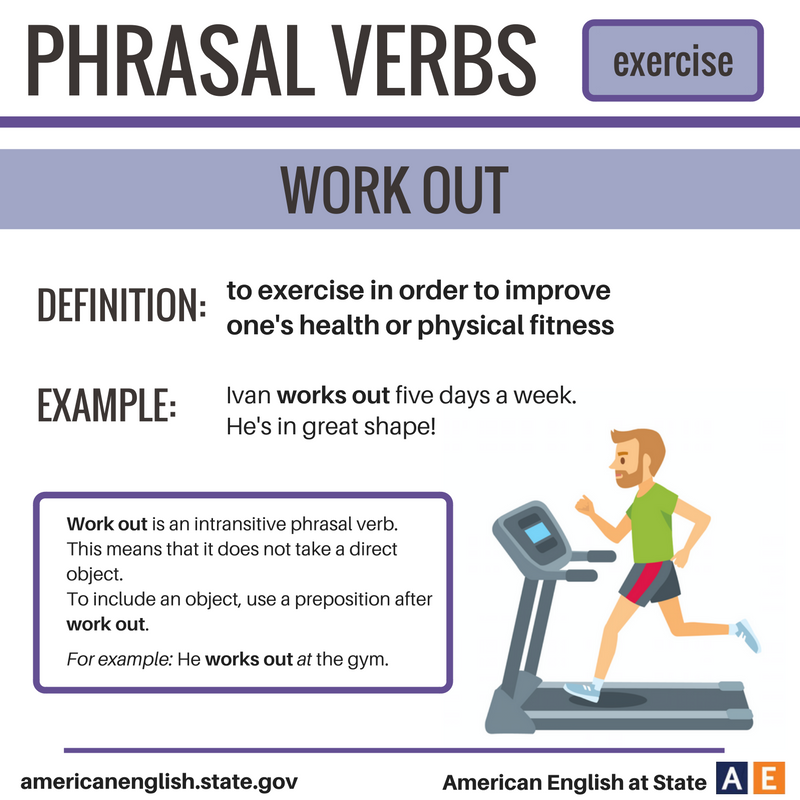
The imperative mood is also timeless, and the verbs in this mood denote an action that, in accordance with the order, wish or request of the speaker, may occur (or may not occur): read, read .
The mood of the verb is an inconstant feature.
Verbs in the conditional (subjunctive) mood
Formation of forms of the conditional (subjunctive) mood
| Took | + BY (B) | |
| Took | ||
| Took | ||
| Took |
Conditional mood — analytical form.
Verbs in the conditional mood change by number, and in the singular — by gender.
The tense and person of verbs in the subjunctive mood are not distinguished!
Shades of the conditional mood values:
If you had come earlier, we would have done everything by the deadline.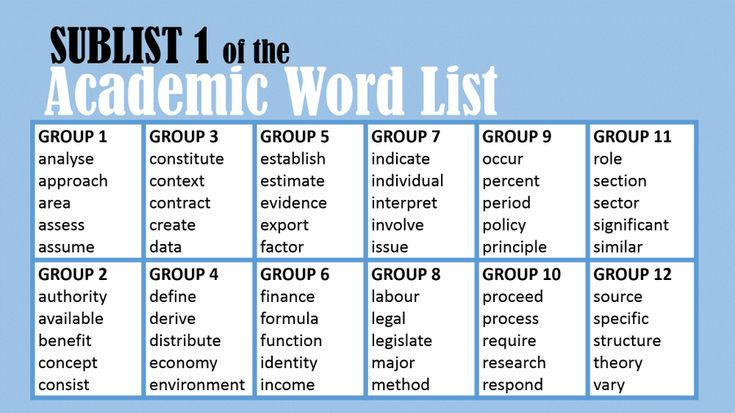
I would love to eat ice cream right now. (desirability)
, as it were, the thunderstorm has not begun … (fear, doubt)
Verbs in the imperative mood
The value of the forms of imperative is:
- Order : Stan in place! (attention: Stop! is not an imperative, but an indefinite form of the verb)
- Request: Come visit us more often.
- A simple prompt: Listen carefully to what I am about to tell you.
- Permission, permission: Well, okay, go for a walk.
- Warning: Watch out, don’t yawn, otherwise you’ll miss everything!
- Prayer: Have mercy!
- Ironic Motivation: Keep your pocket wide!
Formation of forms of the imperative mood:
— Suffix and + (te): come, come, study, study , yes live, let come.
The verb in the imperative mood changes in numbers and persons and does not change in tenses and genders.
Please note!
Hide
Hide
Cut
Eat
Soft sign before 9000 — TE It is maintained!
References
- Russian language. Grade 6 / Baranov M. T. and others — M .: Education, 2008.
- Babaitseva V. V., Chesnokova L. D. Russian language. Theory. 5–9 cells – M.: Drofa, 2008.
- Russian language. 6 cells / Ed. M. M. Razumovskaya, P. A. Lekant. – M.: Drofa, 2010.
Additional recommended links to Internet resources
- Internet portal «edu.glavsprav.ru» (Source)
- Internet portal «gramma.ru» (Source)
Homework (Source)
walk, scattered, breathe, lose weight, lie down, lie down.



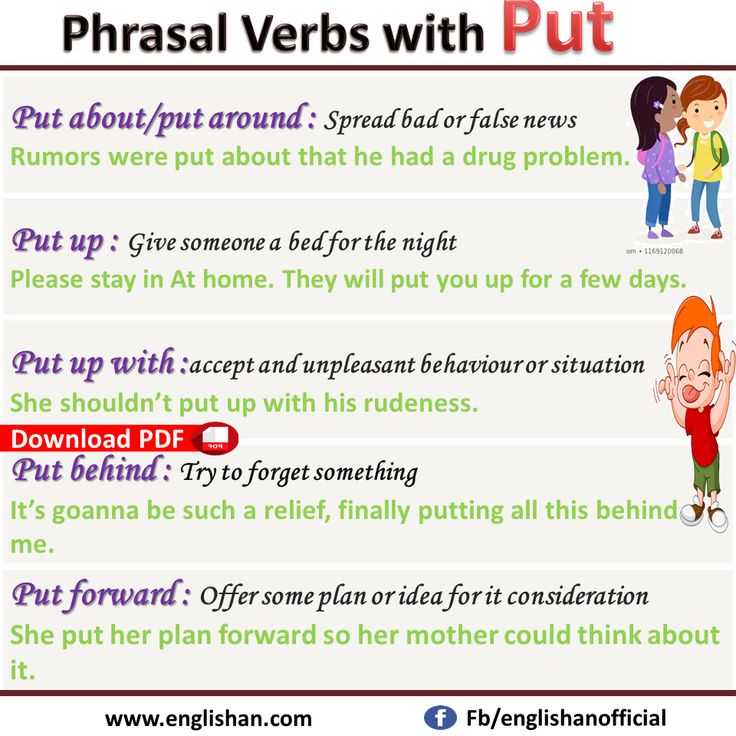 «
«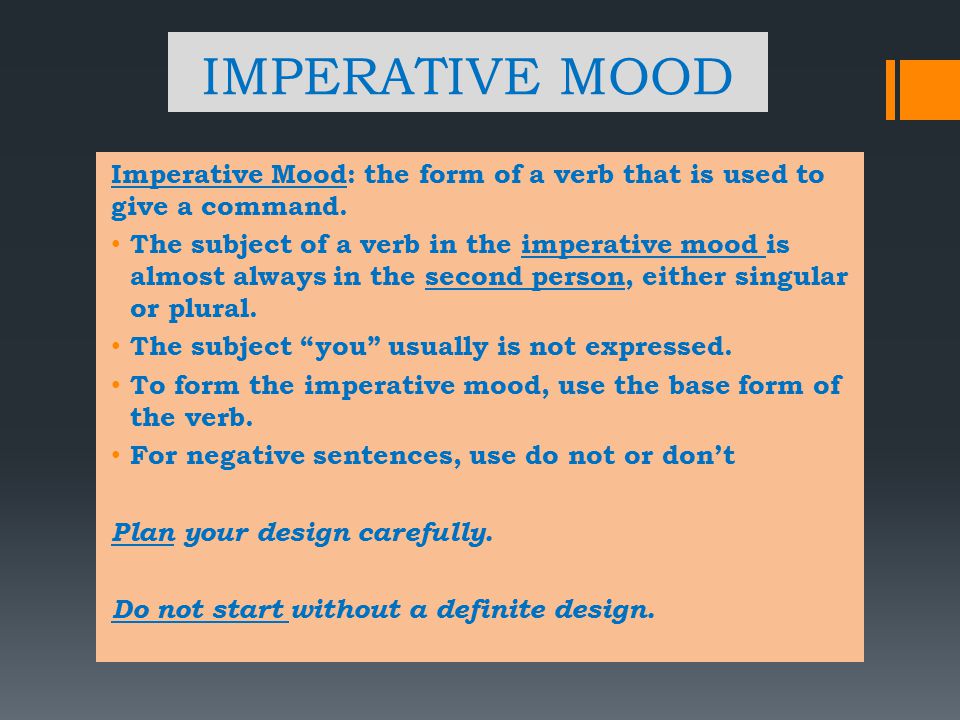 (A. N. Ostrovsky) (8)
(A. N. Ostrovsky) (8) 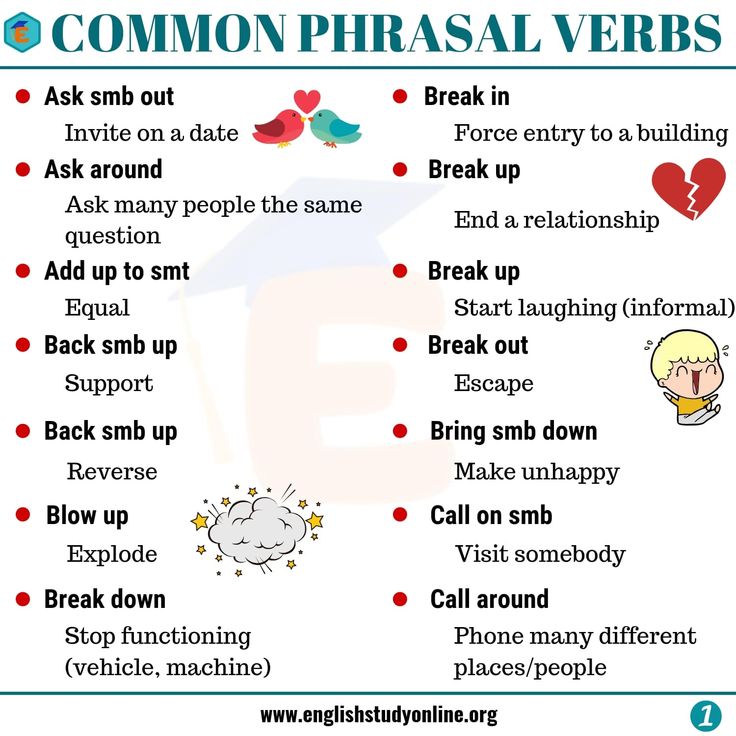 V. Mayakovsky)
V. Mayakovsky) 